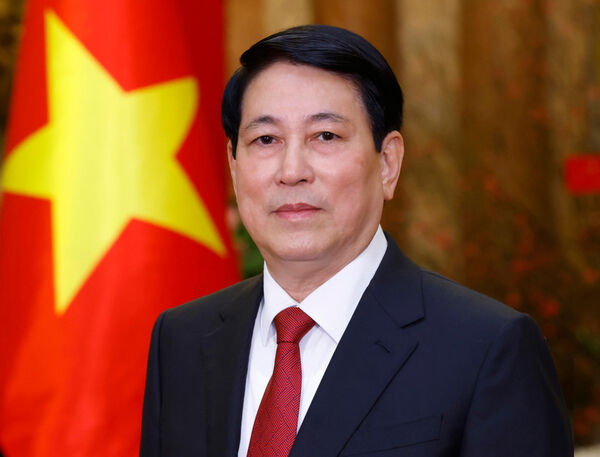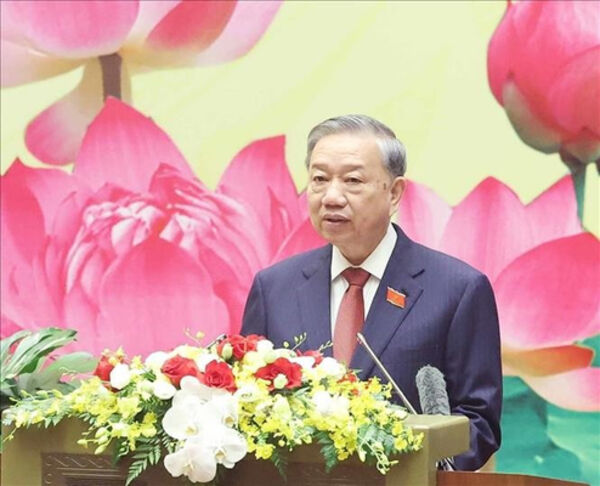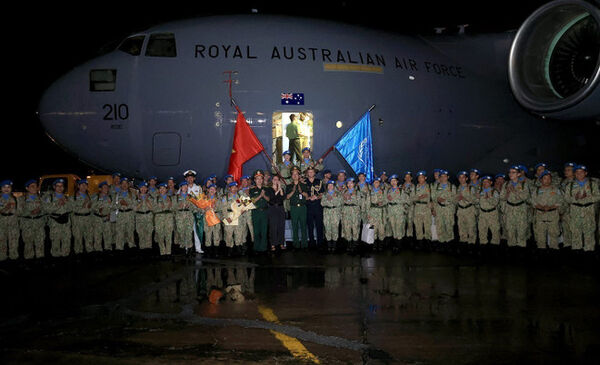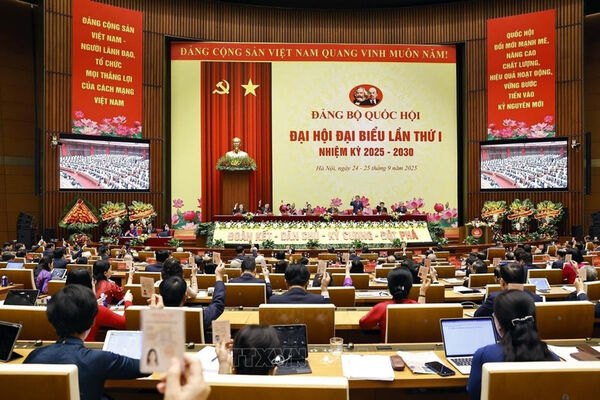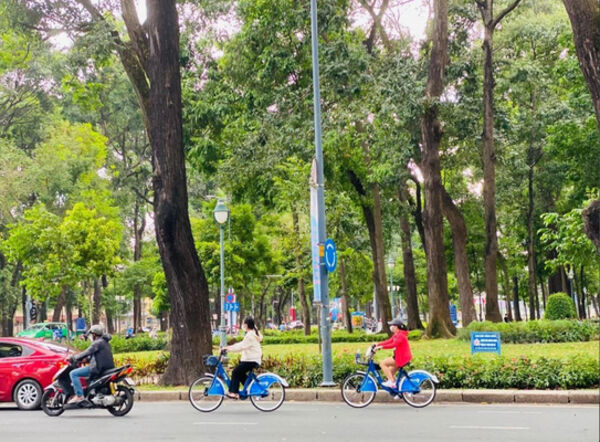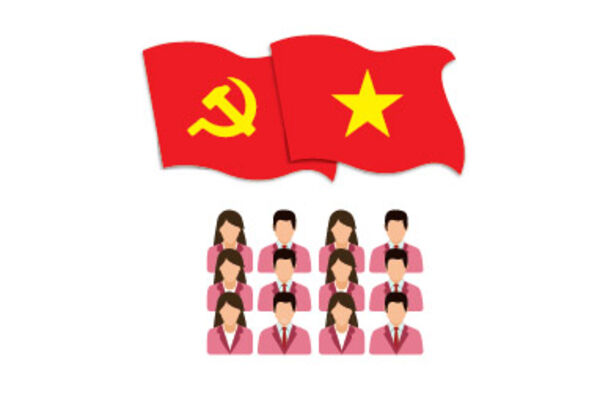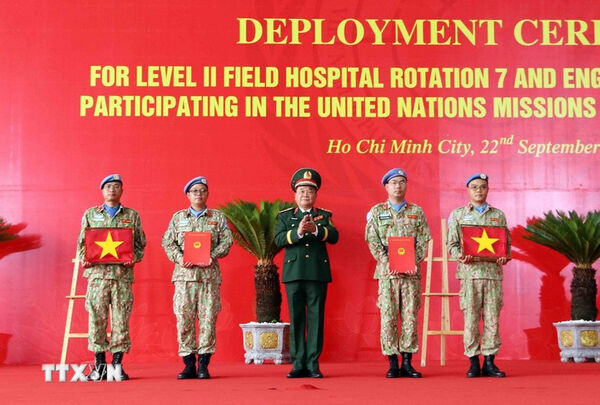 |
| From October 10, the State Bank of Vietnam will no longer directly handle the export of raw gold as well as the import of raw gold for bullion production. (Photo: VNA) |
Hanoi (VNA) – Multiple policies will come into force from October, spanning surrogacy for humanitarian purposes, gold import and export, global minimum tax, and incentives for industrial development.
The Government’s Decree No.207/2025/ND-CP dated July 15, 2025 establishes detailed regulations for assisted reproductive technology and humanitarian surrogacy arrangements. The document, which will become effective October 1, 2025, stipulates the donation, storage, and use of sperm, eggs, and embryos, as well as procedures for medical facilities to conduct in-vitro fertilization and surrogacy for humanitarian purposes.
Donations must be made anonymously and could only be used for one woman or couple. Assisted reproductive technology services will be restricted to infertile couples, those with medical indications, or single women who wish to have children.
The decree emphasises legal protections, privacy, personal confidentiality, and family secrets for all parties involved in surrogacy arrangements, including the commissioning couples, surrogate mothers, and children born through surrogacy.
Another significant change is in the management of gold trading. Under the Government’s Decree No. 232/2025/ND-CP, dated August 26, 2025, the State Bank of Vietnam will no longer directly handle the export of raw gold as well as the import of raw gold for bullion production. Instead, it will grant annual quotas and specific licenses to qualified enterprises and commercial banks. The move marks a step toward removing the state monopoly on raw gold trade. The new decree becomes effective on October 10, 2025.
Under the Government’s Decree No. 236/2025/ND-CP, dated August 29, 2025, detailed guidelines on implementing the global minimum tax are provided.
It stipulates that taxpayers are constituent entities of multinational groups with annual revenue in the consolidated financial statements of the ultimate parent company reaching at least 750 million EUR (879.69 million USD) in at least two of the four fiscal years preceding the tax obligation determination year. Newly established multinational groups operating for less than four years are subject to the same requirements if they meet the revenue threshold for at least two years of operation.
The decree will take effect from October 15 and is applicable from 2024 fiscal year.
Furthermore, Decree No. 235/2025/ND-CP amends Decree No. 45/2012/ND-CP on industrial promotion, expanding both the beneficiaries and the list of sectors eligible for support. Small and medium-sized enterprises, cooperatives, household businesses, and production facilities with clean technologies are included, alongside artisans in traditional handicrafts.
Additionally, incentives will be given to those investing in agro-forestry-fishery processing, consumer and export-oriented industries, eco-friendly building materials, biotechnology, and low-carbon emission sectors, among others.
The decree will come into force on October 15, 2025./.
